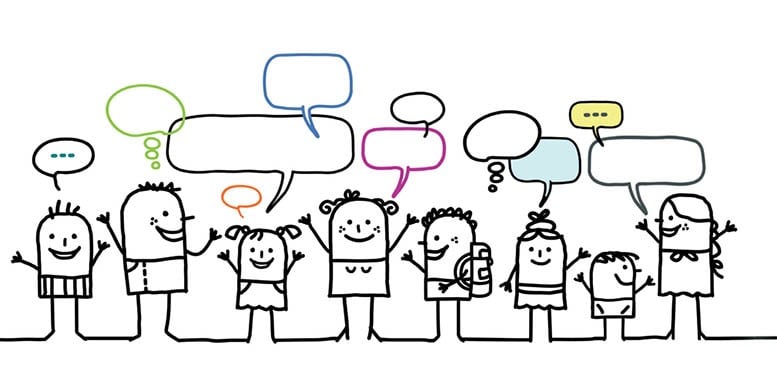
Parents and other elders create the social environment that shapes the way the next generation learns permissible behaviour

Although behaviours that constitute, what can admissibly be called, "civil" are universally agreed upon, the implementation of these unspoken rules varies across cultures and countries. These differences can be attributed to the enforcement and transformation of this value system by the contemporary generation.
In this context, parents and other elders become highly significant because they create the social environment that shapes the way the next generation learns permissible behaviour. Children have an axiomatic structure, including reflexes and proclivities, which allows them a toehold on the world.
Out of this information, a child makes sense of the structures insides society and how to act in them. Having this rough estimation of what instills civic sense in people enables us to get a foothold on why it is decaying in Pakistan.
Parents are our apriori source for gaining an understanding of the procedures that regulate our society. In this sense, parents mediate between the children’s partial knowledge and the social structure of the complex world. Emulating our parents fills in the gaps of our understanding of the world. If a child sees his/her mother fling empty plastic bottles outside the car window or his/her father spit on the side of the road, he/she automatically adopts it as an acceptable behaviour.
In this sense, parents are the primary perpetrators of a disintegrating civic sense. Although education and morality, during later stages of life, can help transform behaviour, it requires an exertion of will because behaviours acquired at impressionable, young age become part of procedural memory and are harder to modify.
Here parents litter without regard, vandalise their surroundings, waste water and food, cut lines, patronise people among many things. Their children look upon all these behaviours as completely normal examples of social interaction.
Being twelve years older than my younger brothers, I was able to observe their development and analyse how my parents influenced their representation of the world as well as their actions. For example, my father has terrible road rage and cannot help but cuss while driving and occasionally neglects traffic rules. It is, then, not surprising to me that at the tender age of eight my brothers cuss at friends and elders. Although they are frequently reprimanded they are unable to change this pattern because it was adopted at a young age from a figure of prime authority.
As children mature and reach young adulthood their civic sense is enhanced and corrected, not so much by parents as by members of their community, i.e., friends, family, and interactions and observations from the external world. They imitate behaviours repeated around them. In this sense, mass imitation becomes a huge part of the social structure.
Inheriting the same culture and religion, a community shares value structure and since it has a tendency to imitate, its entire civic sense evolves together. Education, moral duty, will power then remains subordinate variables that are unable to overcome intrinsic learning from the environment. For example, I accepted littering as socially permissible since it is a common phenomenon in Pakistan, budding from convenience and has no repercussions. So why should I not toss out an empty wrapper if there is no bin nearby, if everyone does it and if it leads to no consequences?
Also read: It’s a 360 degrees circle
I saw my parents do it and then later my friends practised it without a second thought. After all what harm could one wrapper do? It was only after I lived in Germany for a year that I was forced to rectify my behaviour not from a sense of morality but because of social repercussions. Littering was fined. Not only did my peers not litter but also they looked down upon me when I did. There were no plastic bags at department stores and I was made to pay a deposit on every plastic bottle I bought, which was returned only when I returned the bottle.
These socio-economic reasons pushed me to transform my behaviour and mould it so that it was in line with the German civic sense. From this we can learn that as opposed to education and moral sense of duty, there have to be separate structures present that regulate civil behaviour in individuals.
We need something more tangible with immediate consequences to guard their civic behaviour.